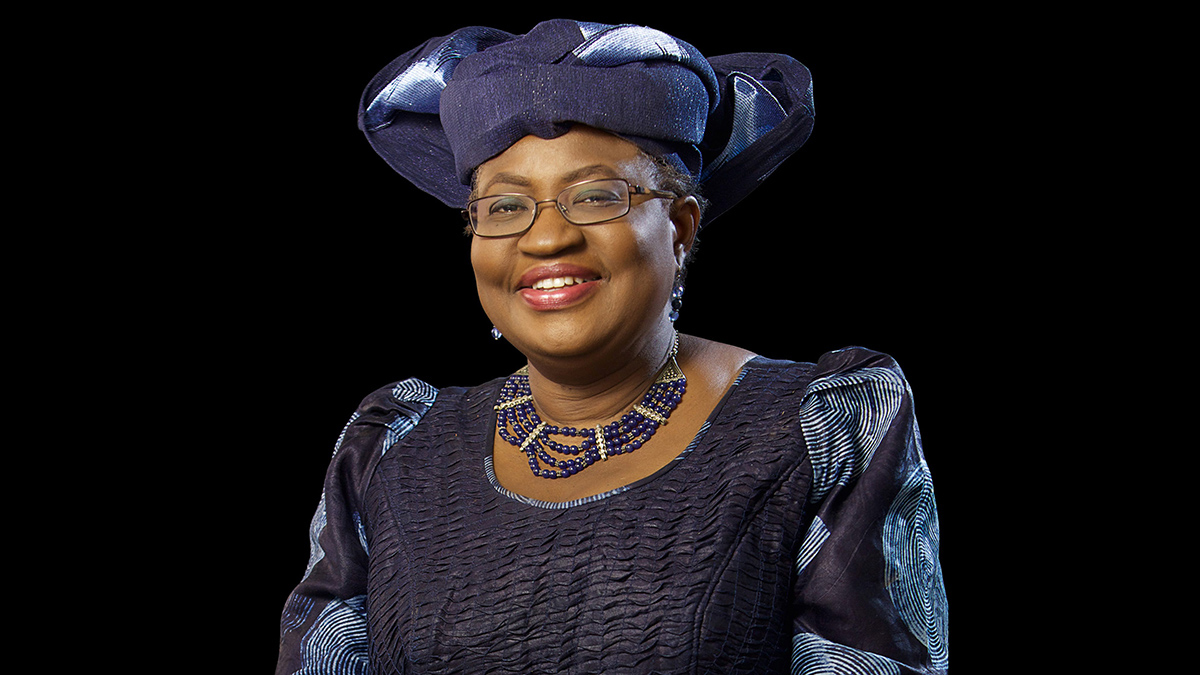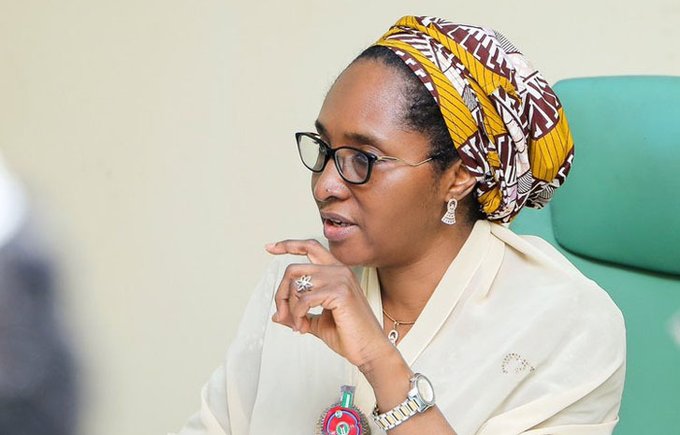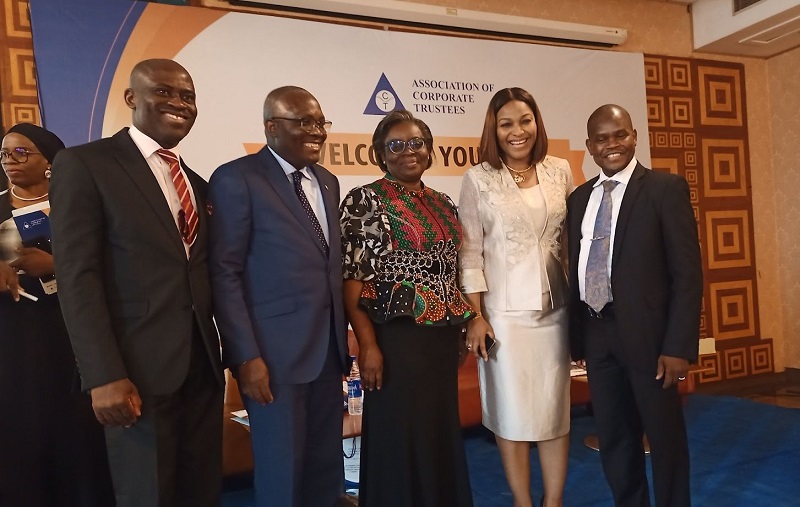As the owner of an eCommerce business, you know that there is a lot to keep track of. From product inventory to customer orders, it can be difficult to stay on top of everything. It’s important to have a clear understanding of your business operations so that you can make informed decisions and keep your business running smoothly. However, by following a few simple tips, you can make sure that your business runs smoothly and efficiently.
1. Tracking leads
This is essential for any business. By doing so, you will be able to gauge the effectiveness of your marketing campaigns and also follow up with potential customers who may have been interested in your products or services. You will need a platform for tracking leads so that you can keep track of their progress and determine whether or not they are worth pursuing. Additionally, you will want to segment your leads so that you can send targeted messages. If you are not tracking your leads, you could be missing out on valuable potential customers. It’s important to have a plan in place for tracking leads so that you can make the most of your marketing efforts.
2. Managing inventory
If you have an eCommerce business, then you likely have products that need to be stocked and shipped. This can be a lot to keep track of, especially if you have a large inventory. It’s important to have a system in place for managing your inventory so that you can stay on top of your product stock levels and ensure that your customers always have access to the products they need. Additionally, you will want to consider implementing a system for tracking product orders so that you can keep track of customer demand and plan your inventory accordingly.
3. Fulfilling orders
Once a customer has placed an order, it’s your responsibility to make sure that the order is fulfilled promptly and accurately. This involves ensuring that the correct products are shipped to the customer and that the customer is satisfied with their purchase. Additionally, you will want to track your fulfillment rates so that you can identify any areas that need improvement. By ensuring that orders are fulfilled correctly and efficiently, you can keep your customers happy and reduce the likelihood of them taking their business elsewhere. It’s important to have a system in place for fulfilling orders so that you can keep your business running smoothly.
4. Handling customer service
It’s important to provide excellent customer service in order to keep your customers happy and encourage them to do business with you again in the future. This involves responding to customer inquiries in a timely manner, resolving any issues that may arise, and following up after an interaction to ensure that the customer is satisfied. Additionally, you will want to proactively reach out to customers to resolve any issues before they become dissatisfied. By providing excellent customer service, you can build customer loyalty and keep your business running smoothly.
5. Analyzing data
In order to make informed decisions about your business, you need to have access to accurate data. This data can be used to track your progress, understand your customer base, and identify areas of opportunity. Additionally, you will want to use data to improve your marketing campaigns and make sure that you are targeting the right audience. It’s important to have a system in place for collecting and analyzing data so that you can make the most of your business opportunities. This data can be used to track your progress, understand your customer base, and identify areas of opportunity.
6. Automating processes
In order to save time and resources, you may want to consider automating certain processes within your business. This could include tasks such as lead generation, customer service, inventory management, or order fulfillment. By automating these processes, you can free up your time so that you can focus on other aspects of your business. Additionally, you will want to make sure that the systems you implement are reliable and effective so that you can avoid any disruptions in service. It’s important to have a plan in place for automating processes so that you can save time and resources.
By following these tips, you can set your eCommerce business up for success. By having a plan in place for managing your inventory, fulfilling orders, and providing customer service, you can keep your business running smoothly. Additionally, you will want to use data to inform your decisions and automate certain processes so that you can save time and resources. It’s important to have a solid foundation in place so that you can build a successful eCommerce business.



